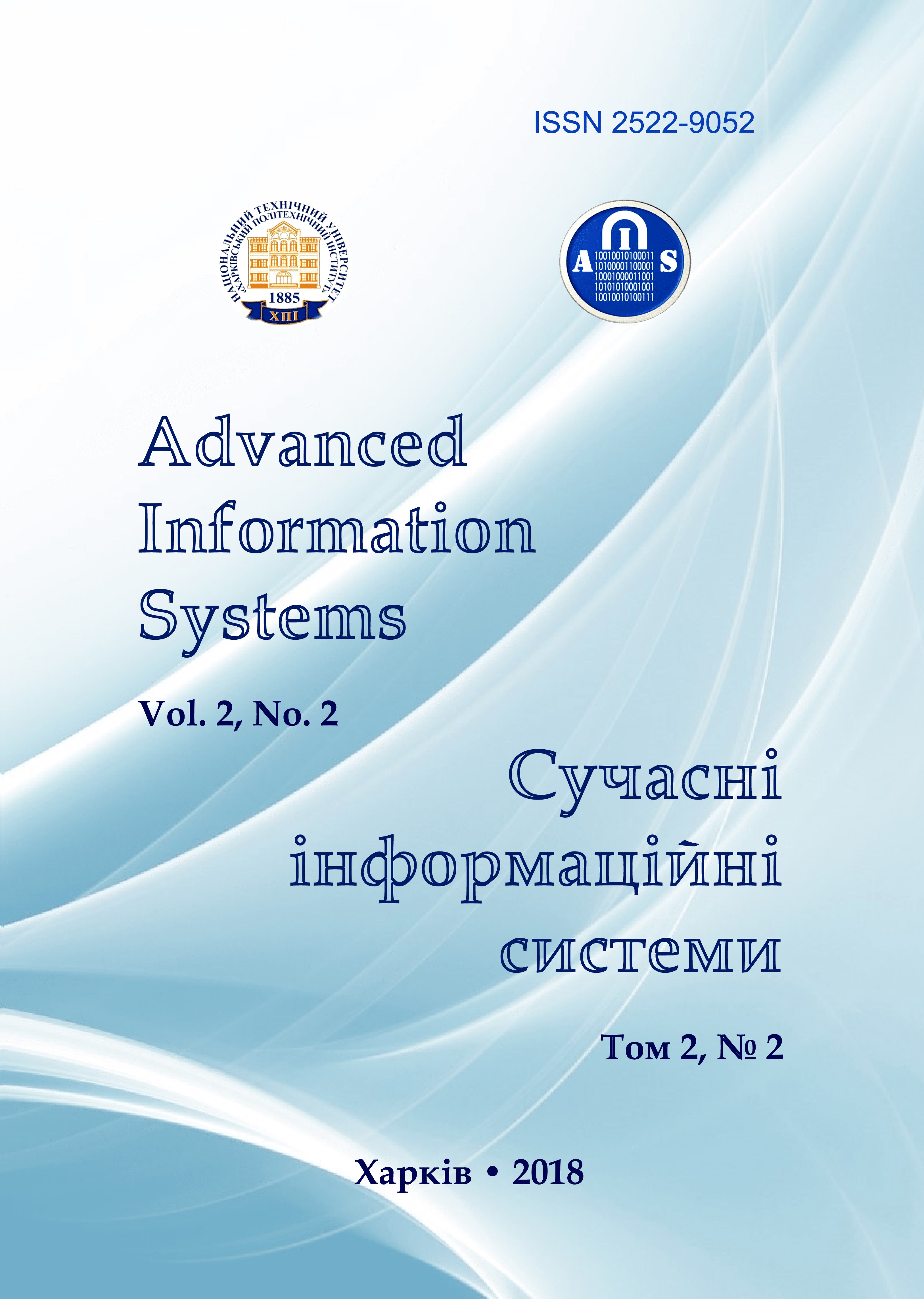ANALYSIS OF INFORMATIONAL COUNTERACTION INFLUENCE ON ORGANIZATION OF OFFICERS MANAGEMENT ACTIVITY
Main Article Content
Abstract
Due to the increase in active use of modern information technologies as one of the means of armed struggle the strategy and tactics of conducting modern wars and military conflicts has changed. To this end, the authors of this article considered the concept of information countermeasures and its impact on the organization of managerial activities of officials. In the course of the study it was established that the leadership of many countries of the world developed the concepts of information wars, taking into account the information vulnerabilities of the conflicting parties, practical implementation of these concepts is carried out through information (information-psychological) operations. The analysis of the military-political leadership views of some developed states of the world on information warfare showed that it has three components: information, technical (information operations), and information-psychological (information-psychological operations). As a result of the study conducted by the authors of this article, it is proposed to adjust the regulatory documents and to take into account additional destructive factors for the organization of managerial activities of officials, namely, information countermeasures. Also, the authors of the article proposed to change the system of management training, with the purpose of training the latter to make correct and deliberate decisions in the context of information confrontation.
Article Details
References
Pyevtsov, G.V., Zalkin, S.V., Sidchenko, S.O. and Khudarkovsky, K.I. (2014), Informational security in the military sphere: problems, methodology, system of protection, Digital printing house, Kharkiv, No. 1, 272 p.
Manachinsky, A. (2000), The Third World War: information war, Man and the law, Kyiv, No. 3 (4), 41 р.
Rusnak, I.S. and Telelim, V.M. (2000), “Development of forms and methods of conducting information struggle at the present stage”, Science and Defense, Kyiv, No. 2, pp. 18-23.
Tolubko, V.B. (2003), Information struggle (conceptual, theoretical, technological aspects), monograph, NUDU, Kyiv, 320 p.
Tolubko, V.B., Zhuk, S.Yu. and Kosevtsov, V.O. (2004), “Conceptual Foundations of Information Security of Ukraine”, Science and Defense, Kyiv, No. 2., pp. 19-25.
Sidchenko, S.A., Khudarkovsky, K.I and Petrov, V.L. (2004), “Information protection weapons as a new class of weapons in the conduct of information defensive operations”, Information processing systems, Kharkiv Military University, Kharkiv, No. 11 (39), P. 163-169.
Bryukhovsky, G.N., Krylov, G.O. and Turko, N.I. (2000), Fundamentals of Information Security state at the present stage, Military academy of the general staff, Moscow, 68 p.
Kovtunenko, O.P., Bogucharsky, V.V., Slyusar, V.I. and Fedorov, P.M. (2006), Weapons on non-traditional principles of action (state, trends, principles of action and protection from it): monograph, Publishing house Poltava military institute of signal communication, Poltava, 248 p.
Pevtsov, G.V. and Cherkasov, O.L. (2008), Providing information security of the region: problem, concept and ways of its realization, KRI NAPA “Magister” Publishing House, Kharkiv, 136 p.
Kotenko, I.V. (2000), Legislative-legal and organizational-technical support of information security of automated systems and information networks, Military Academy of Communications, St. Petersburg, 190 p.
Kotenko, I.V. (1998), Theory and practice of constructing automated information and computing support systems for communication planning processes based on new information technologies, Military Academy of Communications, St. Petersburg, 404 p.
Forbes, A. and Henley, D. (2012), The Illustrated Art of War: Sun Tzu, Chiang Mai: Cognoscenti Books. ASIN: B00B91XX8U.
Kovalevsky, S.S. (2006), “Information security of the Russian Federation and the current state of informatization of public authorities”, Academy of Trinitarianism, Moscow, El. No. 776567, pub. 13296.11.05.2006.
FM 3-05.30. Psychological Operations. 19 June 2000.
FM 3-05.20. Special Forces Operations. 26 June 2001.
JP 3-13. Joint Doctrine for Information Operations. 9 October 1998.
JP 3-57. Joint Doctrine for Civil-Military Operations. 8 February 2001.
Pevtsov, G.V., Zalkin, S.V., Sidchenko, S.O., Khudarkovsky, K.I. and Gordienko, A.M (2015), “Analysis of the structure, functions and tasks of the information and psychological control bodies in the armed forces of the world leading countries”, Science and technology of the Air Forces of the Armed Forces of Ukraine, Kharkiv, No. 3, pp. 37-46.
Levchenko, O.V. (2015), “Conceptual approach to the comprehensive assessment of the information security state”, Science and technology of the Air Forces of the Armed Forces of Ukraine, Kharkiv, No. 3, pp. 47-50.
Kosogov, O.M. (2015), “Methodological approach to the analysis of threats to the state's information security in the military sphere and the definition of counteraction measures to them”, Science and technology of the Air Forces of the Armed Forces of Ukraine, Kharkiv, No. 3, pp. 51-53.
